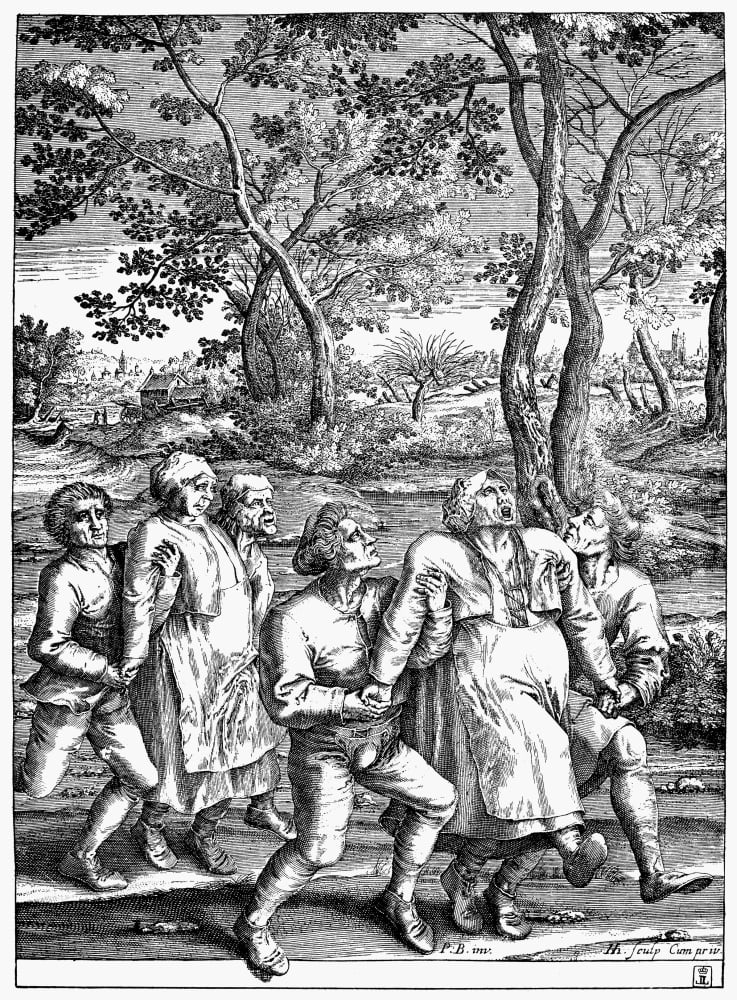


There is so little room for her to talk about what her politics are, and when she does talk about them, they don’t sound shocking by today’s standards, so I wanted her to be shocking in some other way - in her spirit.”
#Tells of histera movie#
“I felt the movie would be best served if she was as wild as possible, even if it wasn’t always historically accurate. “I really liked her - she was smart and clever,” said Gyllenhaal. To make her character effective against the farcical vibrator backdrop, Gyllenhaal felt she had to underscore Charlotte’s radical ideas and uninhibited nature. “In one moment I’m putting on goggles in a doctor’s office with Rupert Everett and Jonathan Pryce, trying this device out on an opera-singing patient and the next minute, I’m playing a romantic lead with Maggie.” “Moving between the scenes was difficult,” Dancy continued. “It moves between out-and-out physical comedy, to much more traditional romantic comedy, into drama, and it was challenging for me to make all that work. “The movie tries to hit more than one note, which is always tricky,” said Dancy during a recent telephone interview. Charlotte is an outspoken social reformer who dismisses her father’s practice as frivolous, profiting from imaginary problems of over-privileged women. Meanwhile, Dancy’s character finds himself drawn to Dalrymple’s older daughter, Charlotte (Gyllenhaal). I felt the movie would be best served if she was as wild as possible, even if it wasn’t always historically accurate.’’ Ricardo Vaz Palmal/Sony Pictures Classics She has worked in a producing or story role on several films, including Ivory Tower (2014), The First Monday in May (2016) and A Table In Heaven (2008).Maggie Gyllenhaal plays an outspoken social reformer in “Hysteria.’’ “I really liked her,’’ Gyllenhaal said of her character. A former print journalist, Kate was a producer and writer on Page One: Inside The New York Times (Magnolia Pictures/Participant Media, 2011). In 2018, Kate directed The Gospel According to Andre (Magnolia Pictures), which was named one of the top ten Queer films of the year by Indiewire. strikes at the very foundations of the field of psychology, and the historical failure to believe victims which has not yet been righted.” It was nominated for best short by the International Documentary Association, and The New Yorker critic Richard Brody called it “Extraordinary. Her most recent film Hysterical Girl (New York Times Op-Docs/Grasshopper Film) revisits the only major case history that Sigmund Freud produced of a female patient. KATE NOVACK is an Emmy-nominated documentary filmmaker. Kate Novack’s feature documentary, THE GOSPEL ACCORDING TO ANDRE, screened at The Future of Film is Female: Part 2 at the Museum of Modern Art in February 2019. What emerges is a visceral portrait of the ways in which Freud’s theory of hysteria silences and shames survivors more than 100 years later. Woven throughout the film are several decades of archival material - from the cinema of John Hughes and Roman Polanski to the Congressional testimonies of Anita Hill and Christine Blasey Ford. “Please,” Dora’s father asked Freud, “bring her to reason.” During the 11-week treatment, Freud chipped away at the case like a detective of the unconscious: why would you keep seeing the man you say assaulted you? Are you out for revenge? Did you send out signals? Did you secretly want it? A century later, the questions that women face haven’t changed much. Dora was 17 when her parents brought her to therapy after she came forward about being sexually assaulted by a family friend. In the film, she tells her version of events, alongside Freud’s own words. Hysterical Girl uses a feminist lens to imagine Dora, the name Freud used at the turn of the 20th century to protect his subject’s identity, as a girl today. Sigmund Freud produced only one major case history of a female patient, a teenage sexual assault victim.


 0 kommentar(er)
0 kommentar(er)
